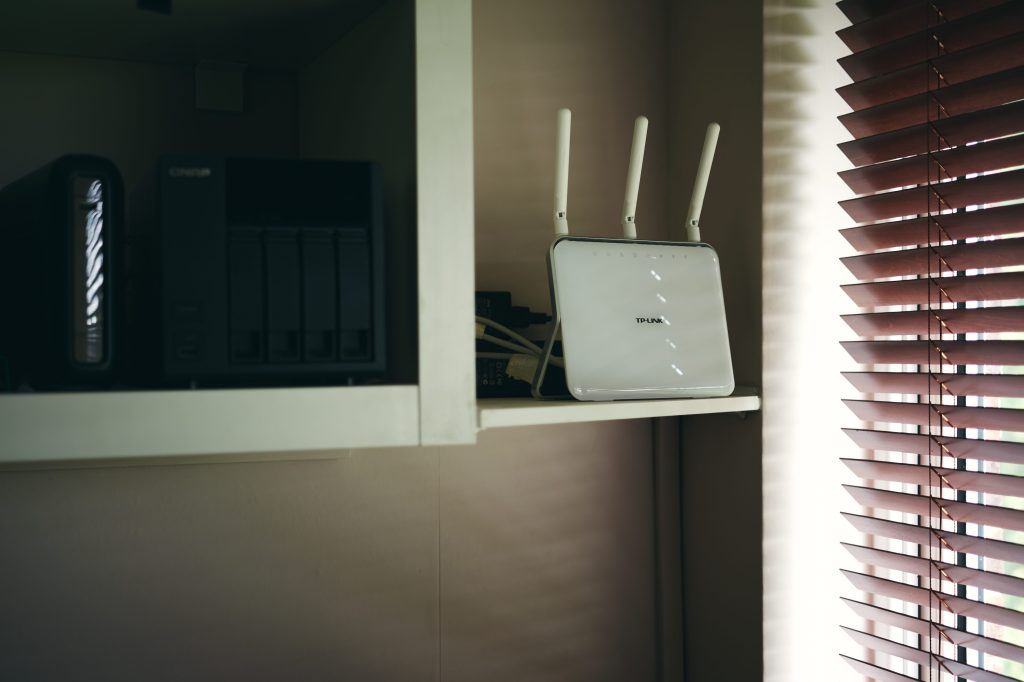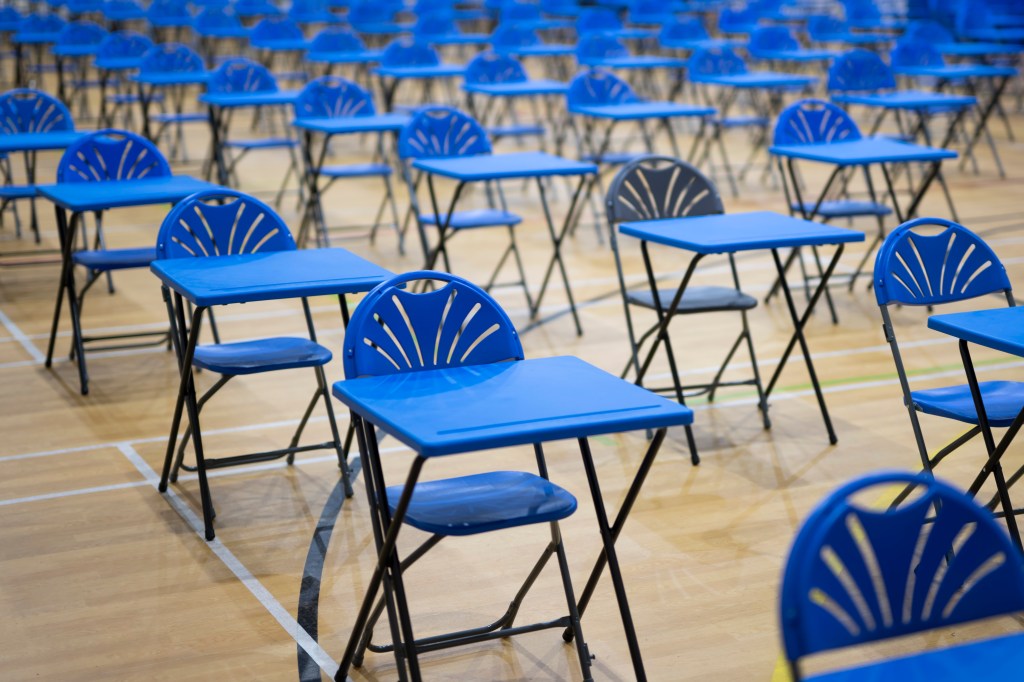Sanctions on a former CCO and general counsel relating to allegations of cheating in a professional exam have been eased following a majority decision by an SEC panel. The case raises some interesting issues.
Thomas Lykos, who was the general counsel and CCO of a dually-registered broker-dealer/investment adviser firm, was found by FINRA to have violated NASD Rule 1080 and FINRA Rule 2010 by receiving assistance on a general securities principal qualification exam he sat in 2018. He was also found to have violated Rule 2010 by breaking the rules of conduct governing the exam.
On May 1, 2020, after a two-day hearing, Lykos was barred from association with any FINRA member in all capacities and ordered to pay costs in the amount of $5,110.44.
On May 20, 2020, Lykos appealed the hearing panel’s decision to the National Adjudicatory Council (NAC). In December 2021, NAC affirmed the FINRA hearing panel’s decision and the sanctions imposed. In January 2022, Lykos appealed the NAC decision to the SEC.
Now, the SEC has issued an opinion about Lykos and his personal liability. In it, the majority of the SEC’s commissioners upheld in part, after reviewing the disciplinary proceeding materials, sustained in part, and set aside in part, FINRA’s findings.
The SEC also reduced the sanctions that had been imposed by the self-regulatory organization.
Case background
NASD Rule 1080 (in effect at the time of the exam at issue in this case) prohibited an applicant from “receiv[ing] assistance while taking the examination.” FINRA Rule 2010 requires members to observe “high standards of commercial honor and just and equitable principles of trade.”
FINRA’s hearing panel found that Lykos violated FINRA rules by cheating on a general securities principal qualification examination, and violated the Rules of Conduct governing the exam.
Specifically, the panel found that he received outside assistance on the exam and violated the Rules of Conduct by taking an unscheduled break outside the test center premises, writing exam material on his driver’s license, fingers, and forearm, and by leaving the test center with writing on his fingers and forearm.
Facts alleged
FINRA’s decision was premised on its determination that Lykos acted unethically by cheating during a qualification examination. The findings stated that at various points in the morning during the exam, Lykos wrote on his driver’s license and on the fingers of his left hand, including the sides of his fingers and forearms.
Subsequently, Lykos took an unscheduled break and, instead of using the restroom, he left the test center premises in violation of FINRA’s Rules of Conduct.
“Although Lykos’s misconduct did not involve direct harm to customers and did not occur over an extended period, it does reflect a disregard of the ethical standards to which members of this industry must adhere.”
When Lykos returned to the exam after his unscheduled break, he allegedly answered one new question and then reviewed 17 questions he had already answered and changed his answers to two questions.
In addition, he allegedly tried to conceal his misconduct from the exam proctors by licking and rubbing his driver’s license and by obstructing their investigation by licking and smearing his fingers so that his writing could not be photographed clearly by a proctor who had noticed the ink writing on his fingers.
Lykos ultimately passed the exam, but a report of his conduct was made to FINRA, along with evidence, including the video footage from the test center.
The SEC’s decision
In the SEC’s decision last week, all commissioners except Caroline Crenshaw agreed to:
- Sustain FINRA’s finding that Lykos violated FINRA Rule 2010 by violating multiple rules of conduct. Lykos even admitted to violating FINRA’s Rules of Conduct by attempting to take an unscheduled break and conceal the writing on his hand/arm, even though he did not admit the writing pertained to the exam questions.
- Set aside the finding that Lykos violated NASD Rule 1080 and FINRA Rule 2010 by receiving assistance during the exam. The SEC concluded that FINRA could not firmly establish what Lykos wrote on his fingers/arm or what he did after he left the exam room. The SEC noted that when he returned to the room, the only responded correctly to one of the next three questions that he answered or changed returning to the exam or that he received any assistance during his break.
- Reduce the sanctions imposed, concluding that a bar was excessive and a suspension was warranted, which ended as of the date of the SEC’s opinion.
As we filed this story, Commissioner Crenshaw’s written dissent – if there is one – has not been published.
The commissioners’ thinking (and mine)
Besides the lack of explicit evidence regarding exactly what was written on Lykos’s body and what he did in his time away from the exam room, there is other evidence as to why the SEC’s majority set aside part of the judgment in this case.
At the end of the case decision, the SEC notes that “although Lykos’s misconduct did not involve direct harm to customers and did not occur over an extended period, it does reflect a disregard of the ethical standards to which members of this industry must adhere.”
That focus on actual harm to customers and to misconduct being conducted over some extent of time is a reference to the FINRA Sanctions Guidelines, which specifically enumerates it as a main underpinning of a personal liability determination.
It also aligns with what Commissioners Peirce and Uyeda have outlined in their statements in cases involving CCO misconduct, focusing on whether any actual harm was caused to customers/investors – and being concerned with the agency not having to prove any such harm when taking disciplinary action, especially the imposition of a lifetime bar – against a compliance professional.
It could certainly be said that the years spent being unable to practice at a FINRA-registered firm while Lykos was appealing the original ruling and waiting for the SEC to take his case was penalty enough.
Another perspective to consider, though, is how FINRA Rule 2010 and its rules of conduct exist to establish high standards of commercial honor and help ensure customers won’t be harmed in the first place. Prevention is certainly one aspect of why there are rules around risk-management, supervision and the like, in addition to rules targeting detection and disclosure.
Or, put another way, evidence of an individual misbehaving (and possibly cheating) during a well-regarded, professional exam designed to assess one’s competency to supervise broker-dealer activities could be viewed as posing a tangible risk of harm to that person’s customers.













